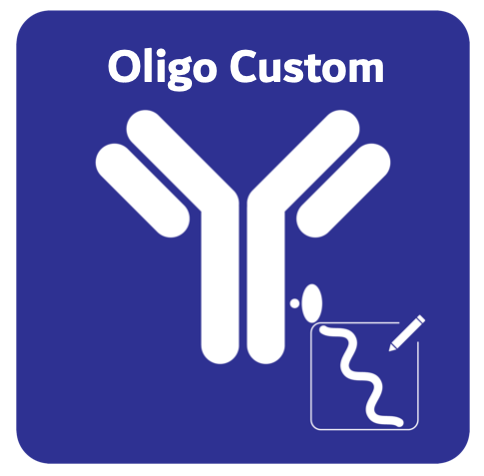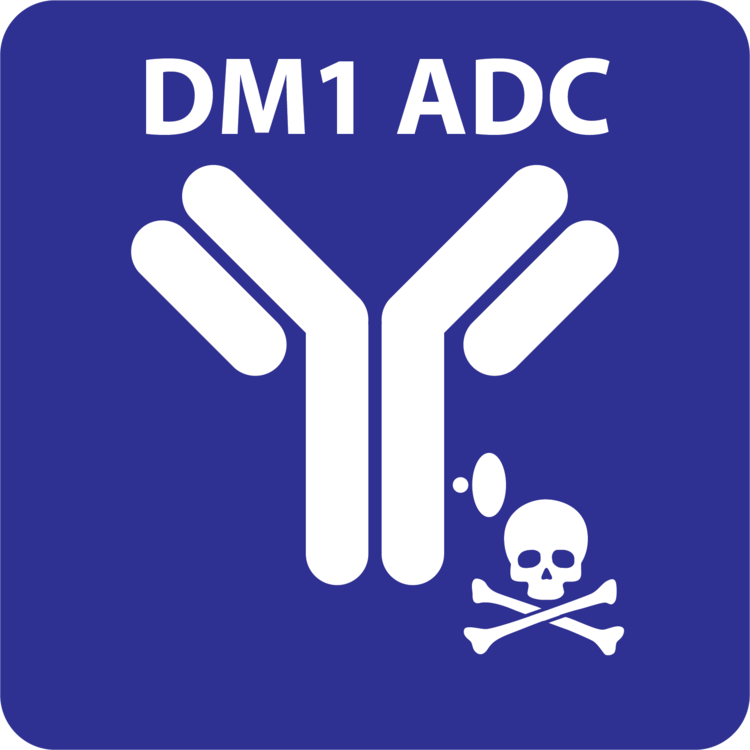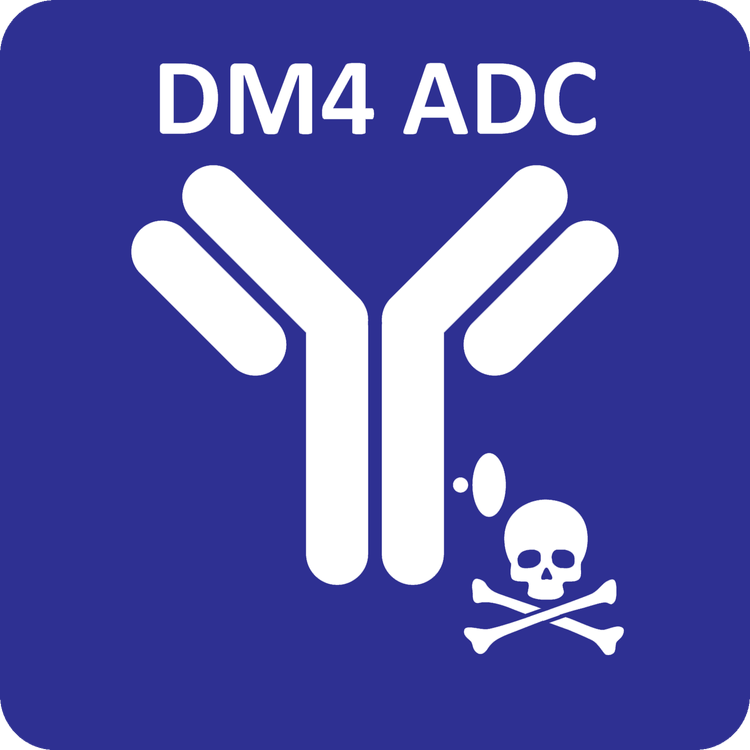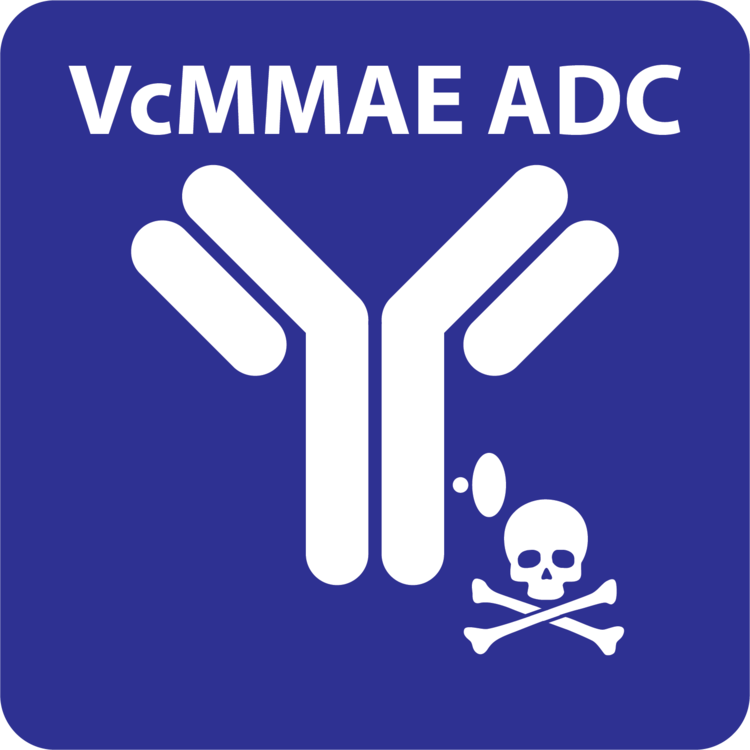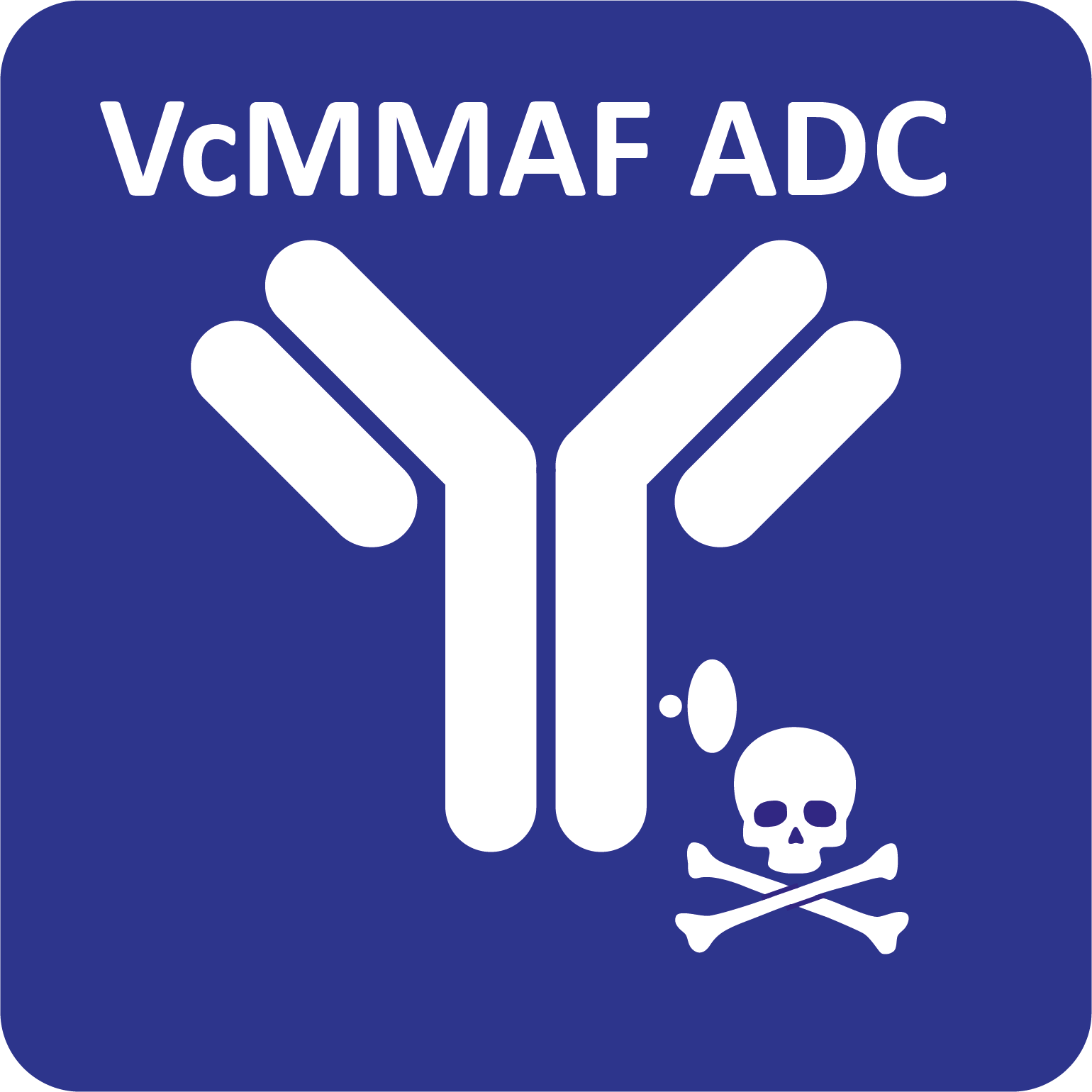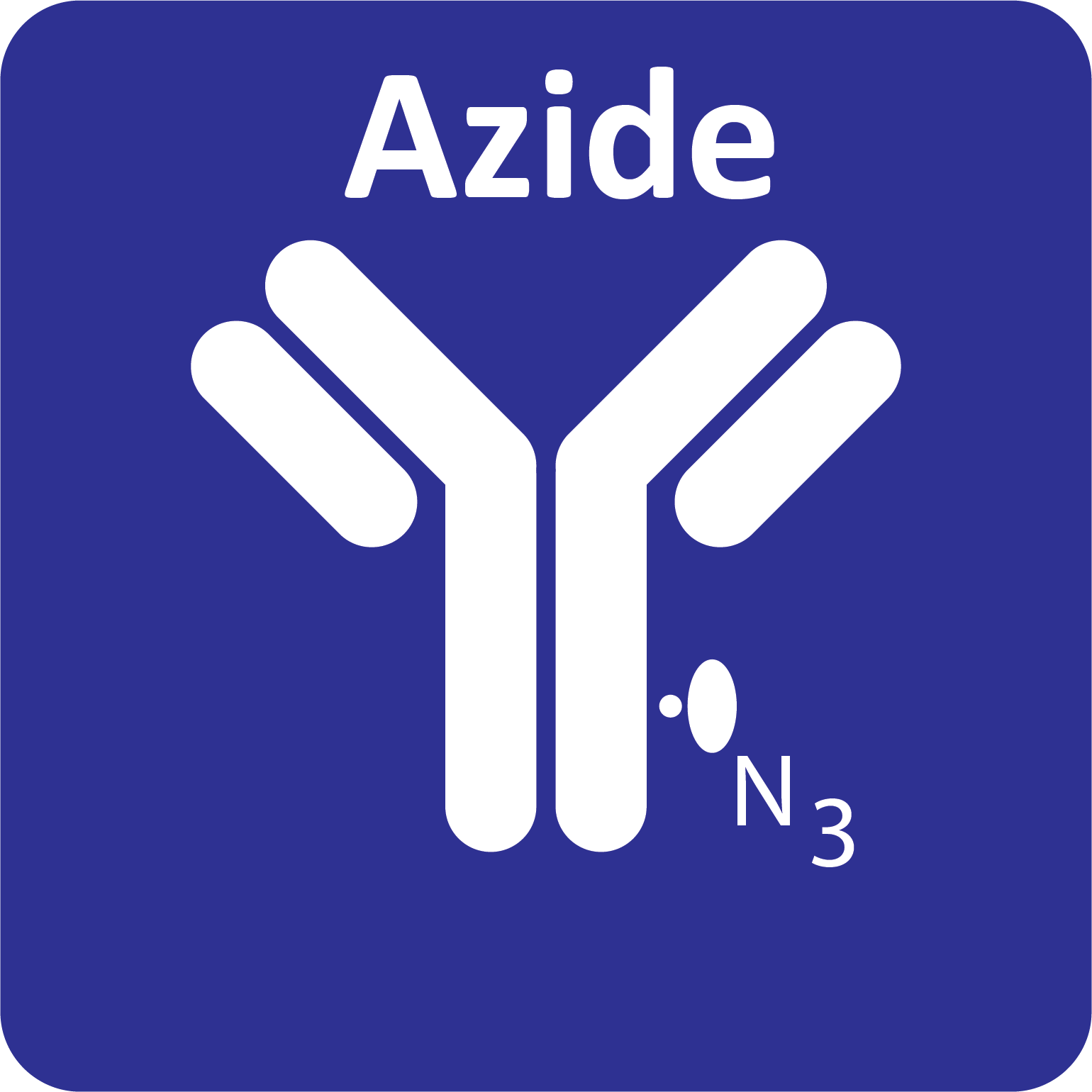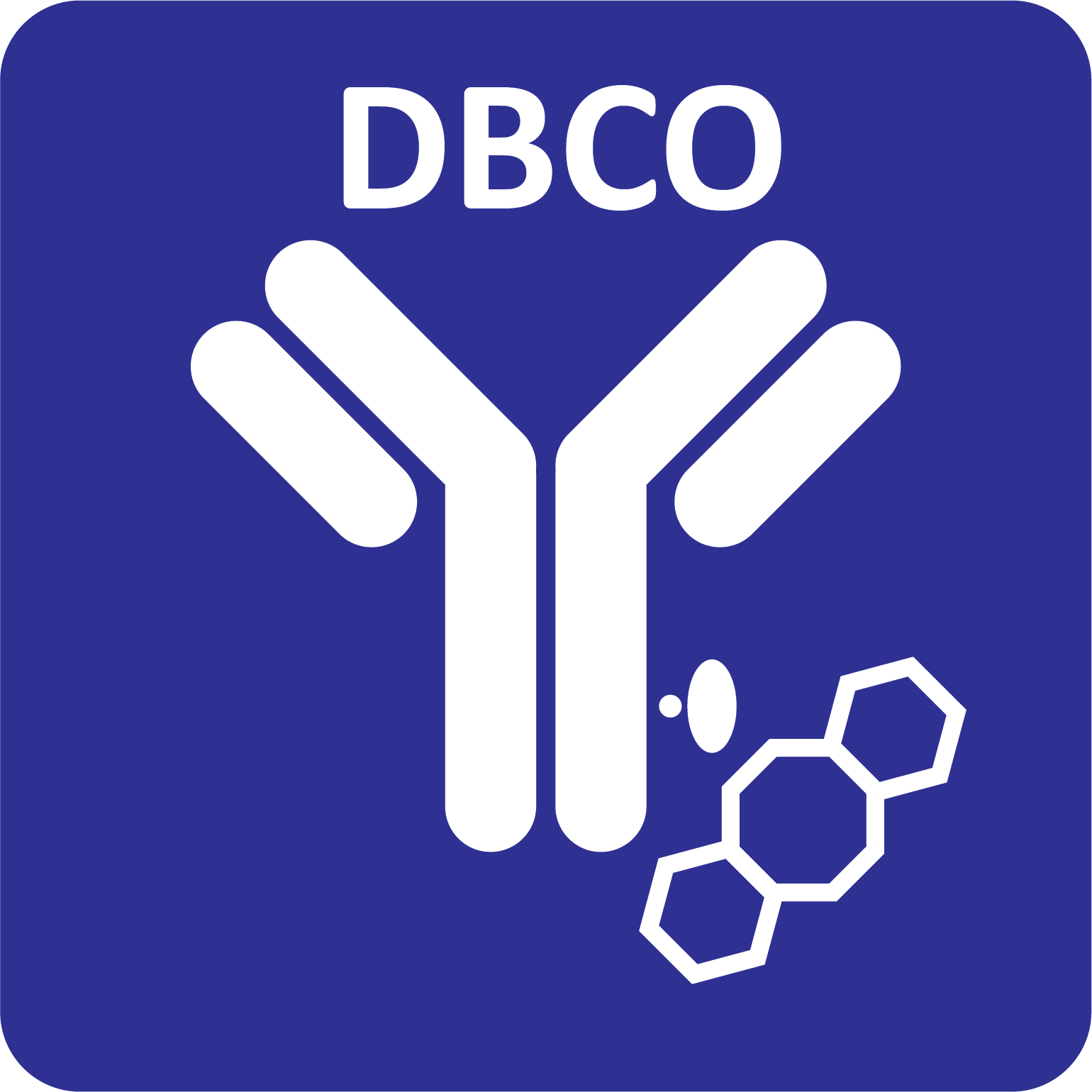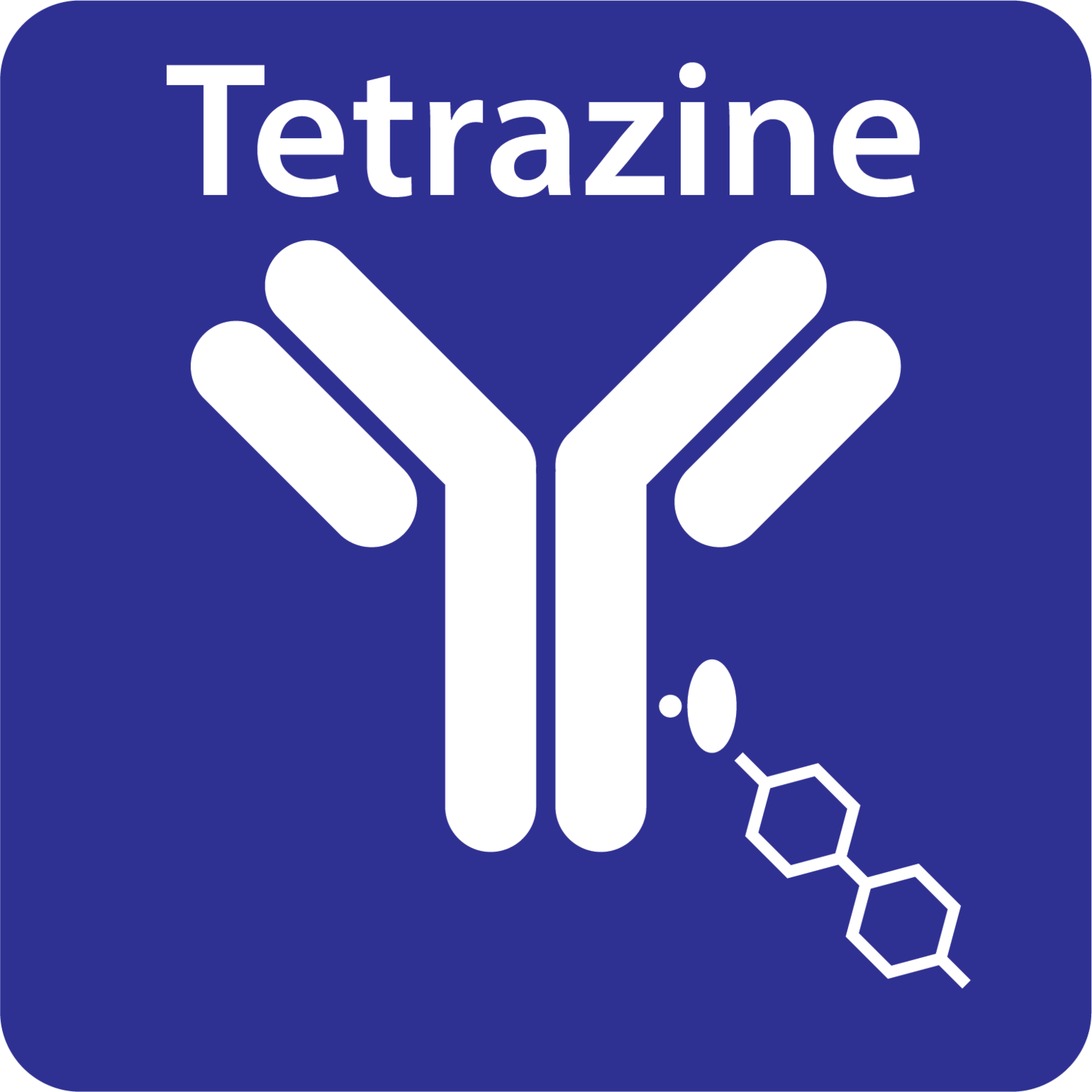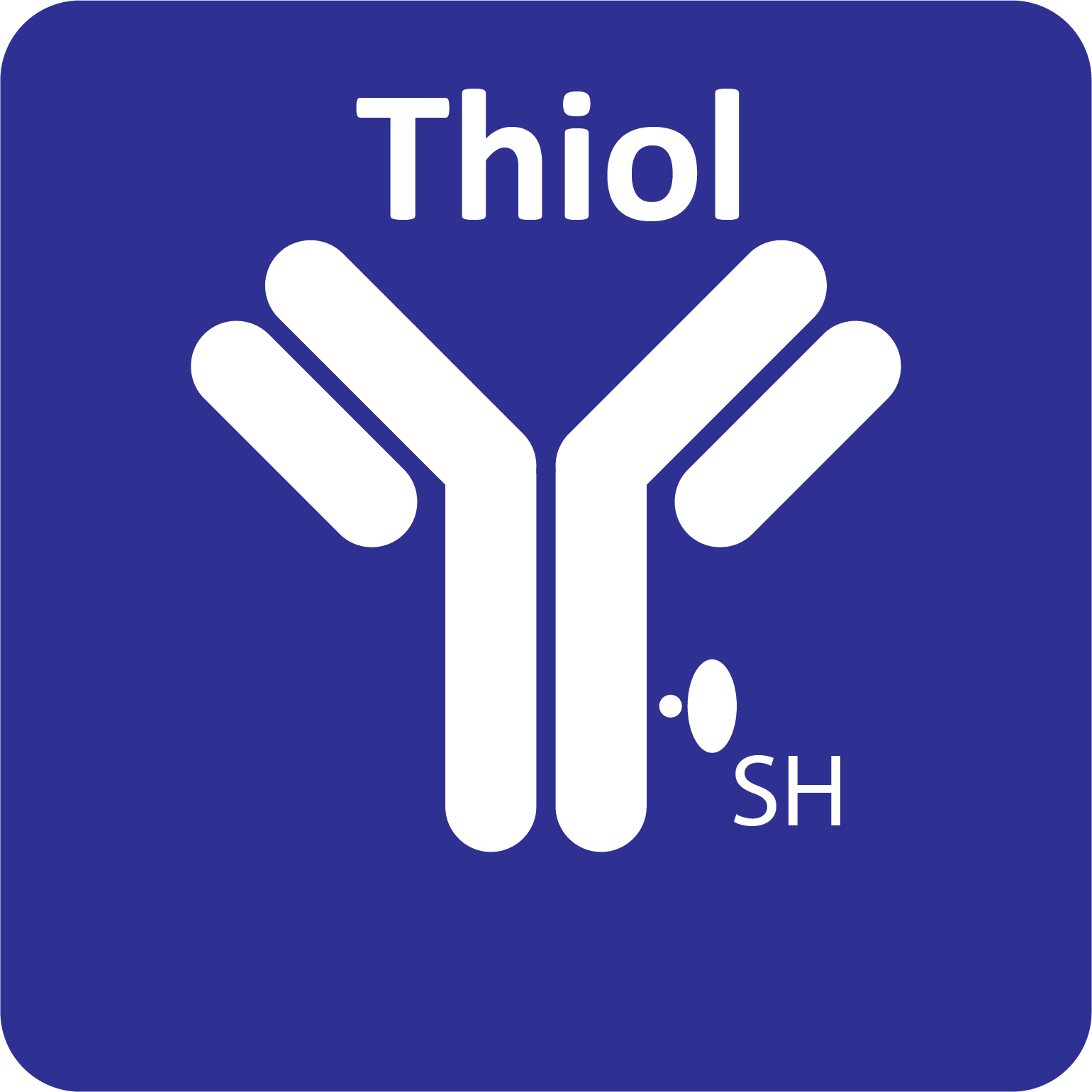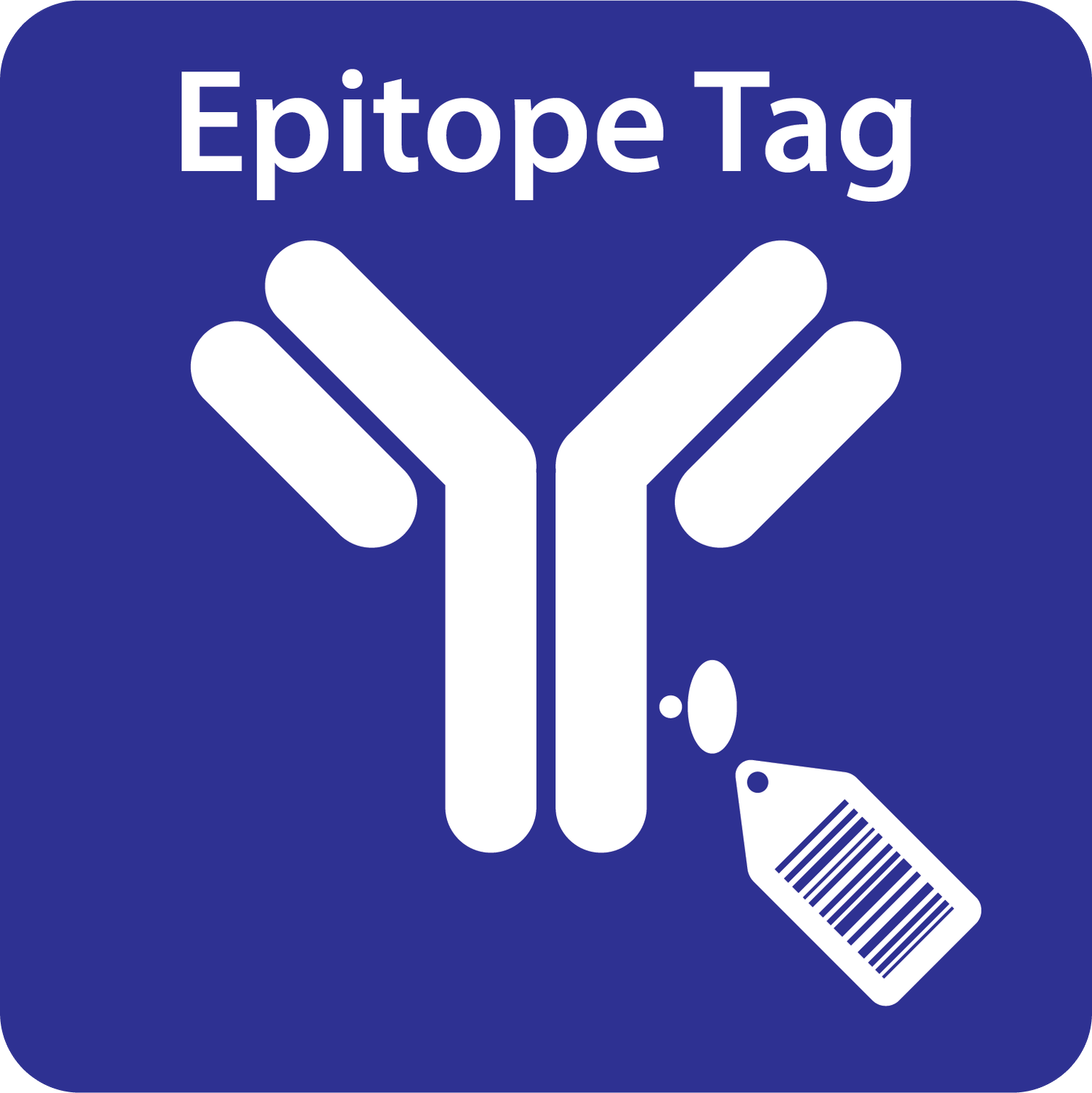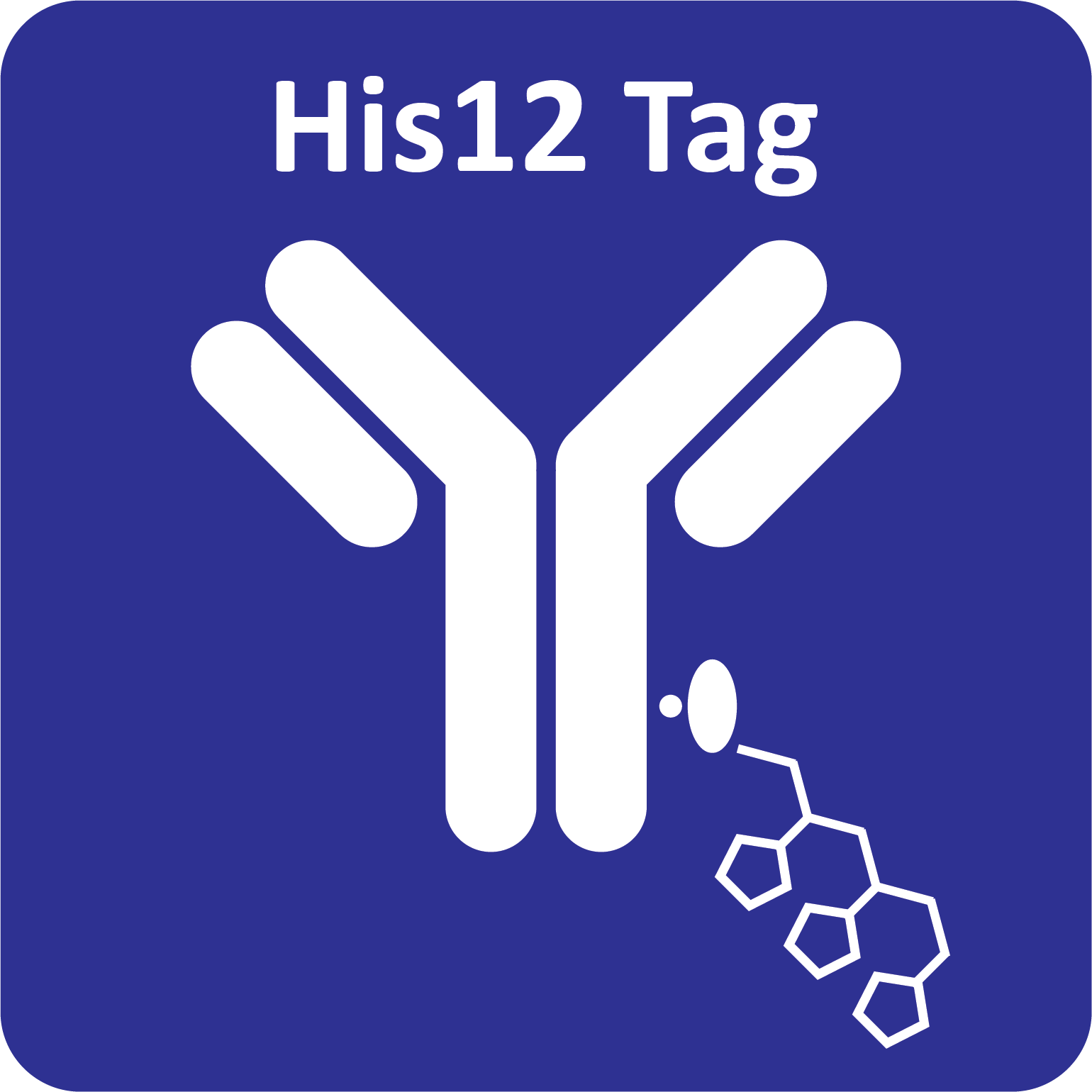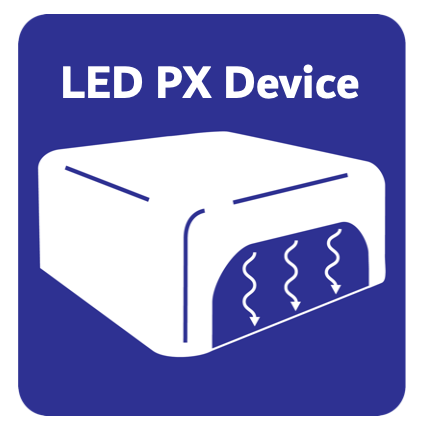Your cart is currently empty!
GENERATION OF ANTIBODY-DRUG CONJUGATES BY PROXIMITY-BASED SORTASE-MEDIATED LIGATION
NIH/NCI SBIR Phase II Grant — 2 R44 CA221374-02 (PI: Yu, Feifan)
AlphaThera, along with its partners Integral Molecular and the University of Pennsylvania, was recently awarded an NIH/NCI SBIR Phase II grant totaling $1.7M over 2 years for the project titled “Generation of Antibody-Drug Conjugates by Proximity-based Sortase-mediated Ligation” with award number R44CA221374. This grant was awarded to AlphaThera for the development of highly homogenous antibody drug conjugates (ADC) for the treatment of pancreatic cancer and to identify the optimal approach and lead ADC for continued development into a clinical therapeutic.
There has been growing interest in the use of antibody drug conjugates (ADCs) for the treatment of cancer as mounting data suggests an increase in anti-tumor effectiveness and reduced toxicity, compared with the administration of unlabeled antibodies in combination with chemotherapy. Recent evidence has shown that differentially labeled antibodies, i.e. labeled at different locations and with different numbers, can have distinct therapeutic and pharmacokinetic properties and some subpopulations can show little, if any, therapeutic activity yet account for most of the toxicity. Therefore, there has been a movement towards the development of site-specific ADCs, which are precisely labeled with drugs at pre-defined locations.
We have recently developed two new approaches for the preparation of highly uniform ADCs, one site-specific bioconjugation approach, Proximity-Based Sortase-mediated protein Ligation (PBS-PL), whereby sortase is used to ligate drugs to a peptide tag that has been introduced into the antibody backbone, and one region-specific bioconjugation approach, Proximity-based Sortase Isopeptide Ligation (PBS-IL), which allows for the labeling of native antibodies with reduced variability compared with current lysine/cysteine residue labeling approaches. Both methods produce ADCs in high yields, are compatible with glycosylated IgG, and offer unlimited flexibility in antibody-drug linker chemistry. Therefore, we believe that these technologies will provide new, favorable approaches for the production of ADCs that will be of interest to the pharmaceutical industry.
In this proposal, we have partnered with Integral Molecular and the University of Pennsylvania to develop ADCs against a key target expressed in several cancers including pancreatic cancer, which is the focus of this proposal. Outcomes for pancreatic cancer patients are poor with a 5-year survival of <8% due to a lack of effective treatment modalities. Therefore, the development of new therapies are a clinical necessity. The highly selective expression of our target in cancer, with no detectable expression on any healthy adult tissues that are accessible to antibodies, make it an attractive option for targeted therapy. We will prepare various ADCs using the PBS-PL and PBS-IL bioconjugation methods to subsequently identify the conjugation approach and ADC formulation that is expected to be most favorable for clinical translation based on serum stability, pharmacokinetics, and efficacy. Pre-clinical testing will be performed in an orthotopic pancreatic tumor model in syngeneic mice.
The specific aims for the proposal are:
-
Aim 1: Produce and characterize the vcMMAE- ADCs using PBS-PL and PBS-IL
-
Aim 2: Evaluate the binding and efficacy of the ADCs in vitro
-
Aim 3: Determine the pharmacokinetics and efficacy of the ADCs in a murine tumor model.
Read about the NIH/NCI SBIR Phase I Grant Award for this project here.

